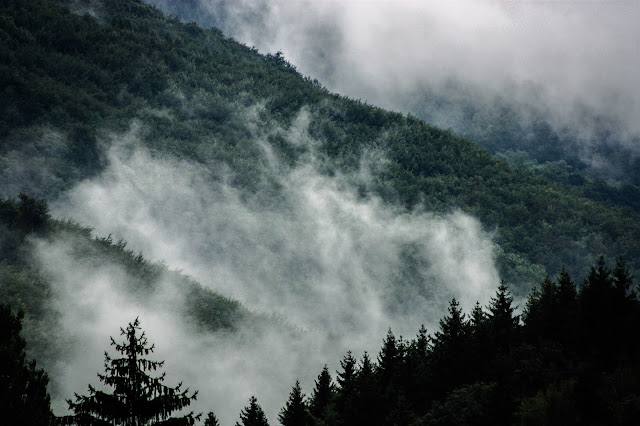THE MAIN TYPES OF EVAPOTRANSPIRATION
There are 2 main types of of Evapotranspiration that is Actual Evapotranspiration and Potential Evapotranspiration. Actual Evapotranspiration is the lost of water to the atmosphere considering there is limited supply of water for instance moist areas and standing water . potential Evapotranspiration is the lost of water to the Atmosphere considering that there is continues supply of water for instance river bodies, ocean, seas.
Actual Evapotranspiration is a major component of the Hydrological cycle and one of the most important physical process in natural ecosystem . it explains the exchange of water and energy between the soil , earth surface and atmosphere.
Potential Evapotranspiration is the potential evaporation from soils plus transpiration by plants This indicator describes the capacity of the prevailing climate to evaporate water from soils,plants, open
water other surfaces.
Importance or significance of Evapotranspiration
- Evapotranspiration is one of the important land surface processes that carries water from canopy and soil through transpiration and evaporation to atmosphere.
- Evapotranspiration is essential for water resources management ,hydro,environmental conversation and agriculture.
- Evapotranspiration is and indicator of the rate change of the global water cycle and is necessity for most numeric weather forecasting and global climate.
- Through links between stomata conductance ,carbon exchange and water use efficiently in plant canopy serves as a regulator of key ecosystem processes
- Evapotranspiration is an important process in the water cycle because it is responsible for 15 percent of the atmosphere. Without that input of water vapor , clouds could not form and precipitation would never fall .
Disadvantages of Evapotranspiration
- The systems are not suitable in areas where the land is limited or where the land surface is irregular.
- They have a limited storage capacity , there by unable to store much winter wastewater for evaporation in the summer.
- There is a potential for overloading from infiltration of precipitation.
- Concentration of evaporating substances in the air.
- Temperature of the liquid . A cup of hot water will evaporate more quickly than a cup of cold water.
